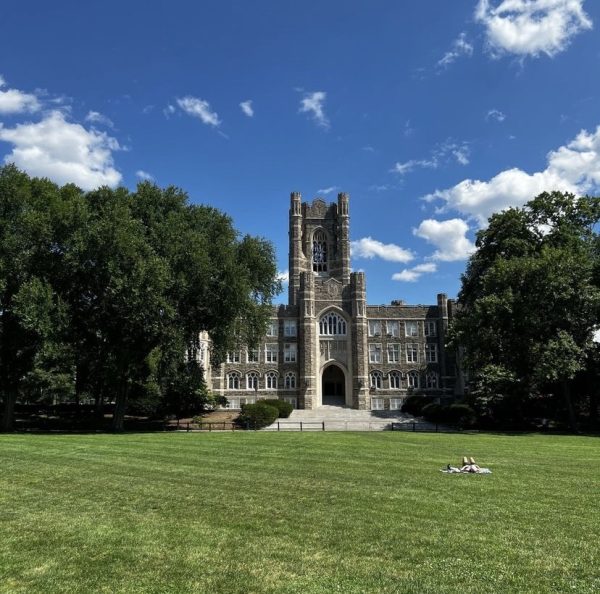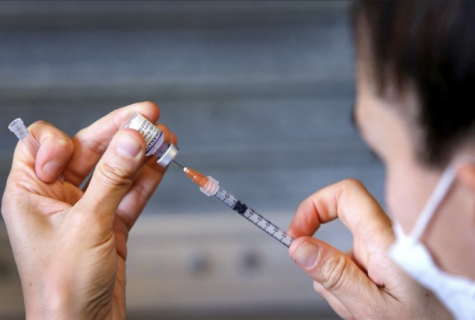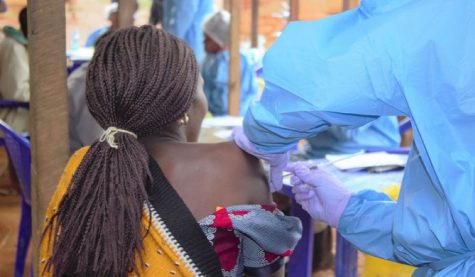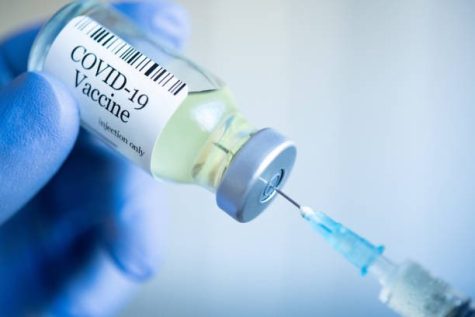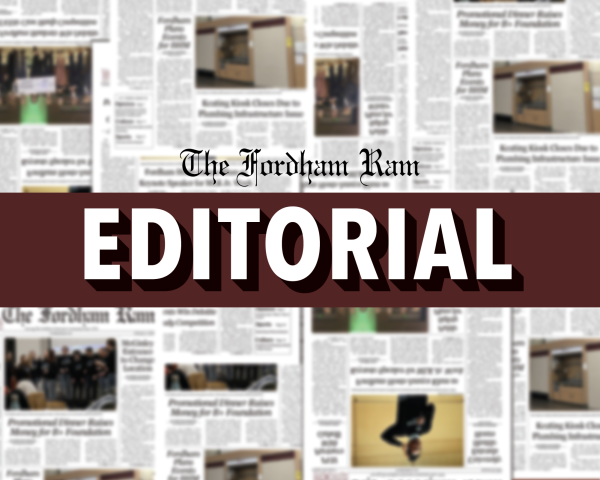The Unfortunate Return of Fordham’s “Freshman Flu”
Over the past few weeks, a number of Fordham students have gotten sick. This probably isn’t news to you — if you’ve been on campus recently, you may have noticed your friends missing from class or heard classmates suppress their coughs.
These students are not sick with COVID-19 — the elephant in the room when anyone starts coughing — but with minor illnesses, like the common cold. Even if students test negative, there is an increased sense of fear and uncertainty. In light of the past year, we are unsure how to navigate being sick.
Our fellow peers getting sick is an unfamiliar sight for us. At the very least, it is one we have not seen in a while. Although the pandemic has raged on, many of us have avoided sickness for the past year and a half. It seems counterintuitive that Fordham students would experience good health amid the coronavirus, but this was the direct result of preventative measures.
During earlier stages of the pandemic, Fordham required masks everywhere, and classroom spaces, dining locations and library desks were de-densified. Those measures were meant to stop the spread of COVID-19, and they were largely successful at doing so. In the process, they also stopped the spread of other illnesses. For instance, fewer people became sick with the flu last winter: Masks significantly slowed transmission, since the flu is also a respiratory disease. Other illnesses, like the common cold, were also less common as a result of COVID-19 prevention measures.
As Fordham returns to its full capacity and eases mask requirements outdoors on campus, the common cold is making its comeback.
After living through a pandemic, it’s natural that we get scared at the slightest sign of illness. We feel paranoid when we hear someone cough nearby, and we stress at the mere hint of a sore throat. In the face of this, we have to remember what college was like before COVID-19 happened — before we all became hyper-aware of our own health. Most upperclassmen at Fordham likely experienced some kind of “freshman flu” during their first few months of college. While it’s far from a pleasant experience, it makes sense that sickness spreads so easily in a college dorm. Our dorms house a large number of students in a small amount of space.
For the past year, we have treated every sneeze, cough and sniffle as cause for alarm and reason to isolate ourselves. Now, as a minor illness makes its way around Fordham, we must recognize that the situation has changed. Nearly all Fordham undergraduate students — 98.76% — have been fully vaccinated, and the risk of catching and spreading COVID-19 is low. Therefore, we need to stay calm and remind ourselves that, unfortunately, catching a cold in the fall is a part of college life.
If you feel sick, you should schedule a COVID-19 test with the Health Center. At Rose Hill, you can call 718-817-4160; at Lincoln Center, call 212-636-7160. Even if you are pretty sure you do not have COVID-19, it’s important that you get tested. A negative test result means you can relax and focus on taking care of yourself instead of stressing over your symptoms.
Regardless of what you come down with, we want to remind you to get plenty of rest, drink water and treat your symptoms. You can buy over-the-counter cold medicine at Walgreens, or you can ask a friend to go if you don’t feel up to going yourself.
Even if it’s “just a cold,” we urge you not to go to class — if there is one good thing COVID-19 protocols have done, it is that we no longer have to force ourselves through our daily schedules while we feel terrible. Professors will understand; they want to prevent your classmates from getting sick, too. Be honest about how you feel and follow up with your professors about whatever you miss in class.
It’s never easy being sick, and if you caught a cold around campus, we sincerely hope you feel better soon. We encourage you to take care of yourself and others, and we wish everyone in the Fordham community good health.




































































































































































































